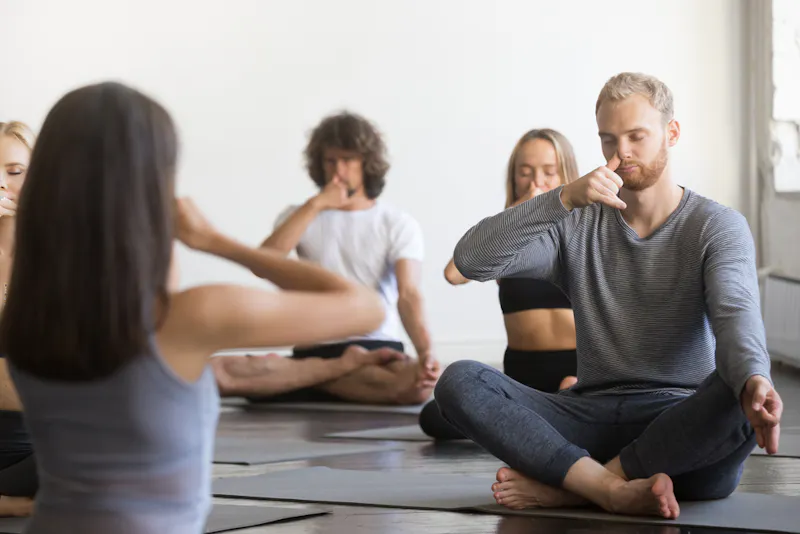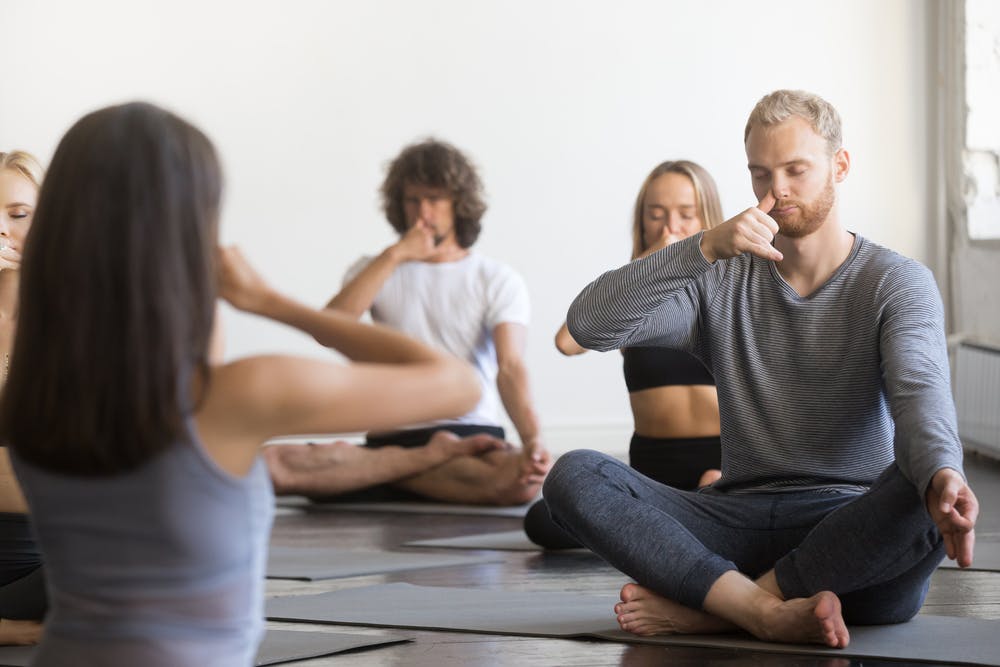6 reasons why nose breathing is important



It doesn’t tend to get the attention it deserves, but the benefits of this elegant and critical organ are wide. As humans, we’ve evolved to breathe using our noses. But it’s estimated that up to 30-50% of adults breathe primarily with their mouths. Here’s why breathing through your nose is so important.
- Humidifies air
Small structures in your nose called turbinates help to humidify the air you inhale. This prepares it for your lungs, as it doesn’t tolerate dry air well. This is why with mouth breathing, you’ll often find yourself waking up with a dry mouth or scratchy throat.
Find out what else you can do to improve your sleep quality.
2. Filters air
From your nose hairs to the sticky mucus that lines your nostrils, your nose helps to filter out and protect you from dust, pollution, allergens, viruses, bacteria, and much more.
3. Warms air
Your nose helps to warm up the air before it reaches your lungs. Your lungs don’t tolerate cold air well — this is why running in cold weather can often trigger a cough.
4. Directs airflow
As your nose opens up, so do your lungs. This helps to direct air deep down into your lungs.
5. Increases oxygen uptake
Breathing through your nose adds up to 50% more resistance than mouth breathing. This resistance helps to maintain lung elasticity — allowing them to inflate and deflate properly. Plus, nitric oxide from your nose relaxes and widens your blood vessels. These processes can increase your oxygen uptake by as much as 10-20%.
6. Controls air volume
Over-breathing is common if you breathe primarily with your mouth. This causes you to lose too much carbon dioxide from your blood. Carbon dioxide helps stimulate breathing, regulates the pH of your blood, and promotes oxygenation to your tissues and organs. Whereas the resistance added by nose breathing helps control the volume of air, preventing this from happening.
It can be difficult to re-train yourself to start nose breathing — you might find it particularly uncomfortable at first. But, practice makes perfect. Consciously practise breathing through your nose throughout the day. Plus, guided breathwork can be really helpful, which is a key part of yoga and meditation.
Find out more about how to support your mental health.

Ruth, A. (2015). The health benefits of nose breathing. Nursing in General Practice, 40-42.